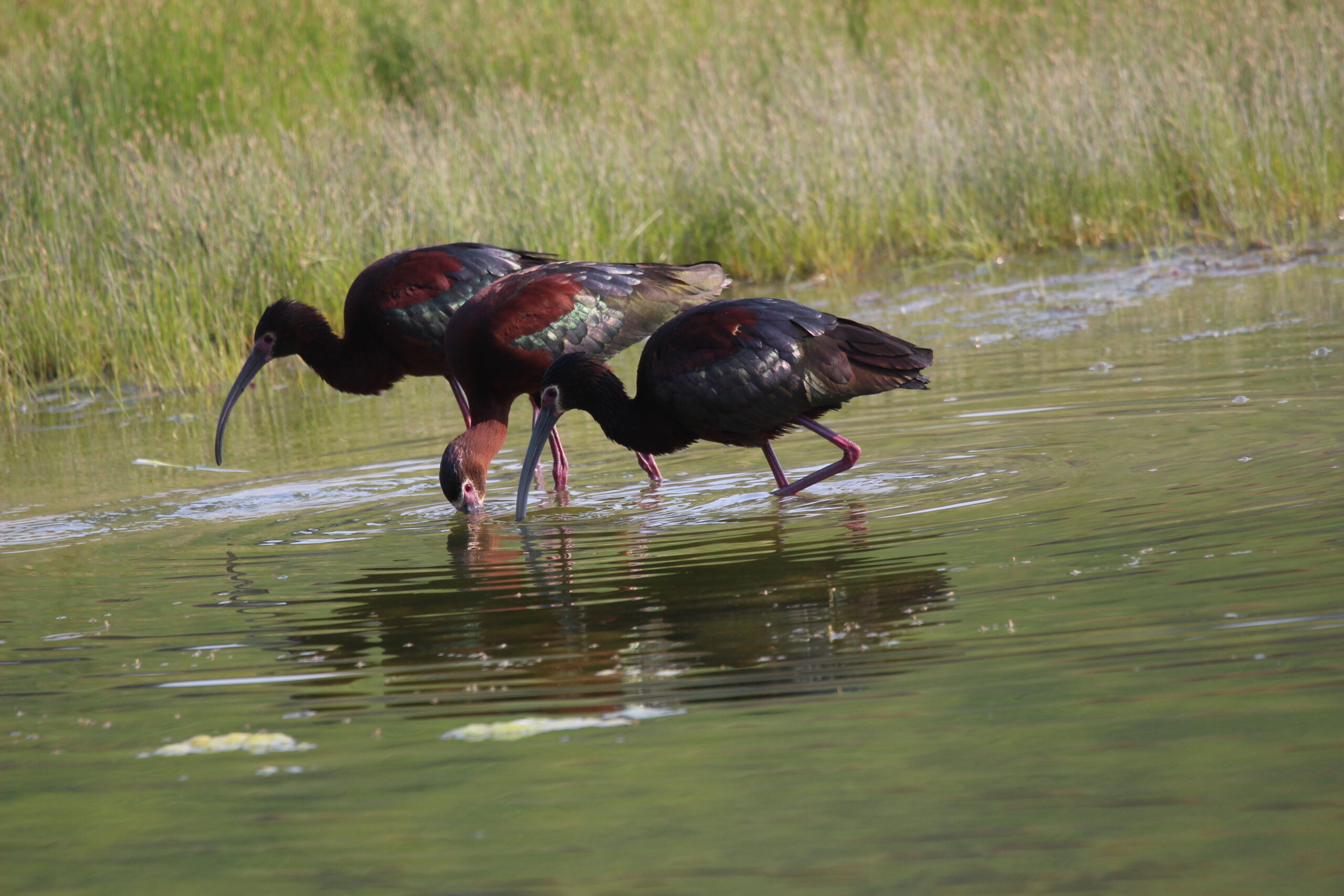Hands are an important part of who we are. We communicate with them, waving them around to tell an exciting story, or stretching them out to show our sceptical friends just how big that fish really was. Whether you like to play ‘Rock-Paper-Scissors,’ or you like to change up the colours of your nails, or your use your hands to hold your grandchild, your hands reflect something about you.
In fact, throughout history cultures have come up with some creative names for parts of their hands. The English once called the pointer finger, the ‘toucher.’ Saxons called the ring finger, ‘the leech finger’ because they thought it kept you healthy, (leeches were used in medical procedures) while the Germans called it the ‘Dr. finger’ for similar reasons. In other cultures the pinky finger was called the ‘ear finger’ because it was perfect for scratching the ear.
Hands are also powerful symbols. From folded arms to an upheld ‘stop,’ we know what is being conveyed. The ‘OK’ sign, snapping fingers or thumbs-up all carry substantial cultural meaning. Expressions such as a pat on the back of a friend or a less than polite finger gesture to the driver who just cut you off is more than enough to make your intentions, and emotions, clear.
There are three symbolic hand gestures that reflect the way that we choose to engage with our neighbours and the world around us. The first is ‘hands in the pockets,’ a symbol of disinterested passivity. The second is a clenched fist, a symbol of anger or defensiveness. These two postures of passivity or defensiveness are common in the way we relate to others. We choose to go about our day tuning others out and passing people by or living with some fear that people may be out to take advantage of us. Either approach elicits a response that turns others out and away. One visit to social media websites in Chestermere, or overhearing kids on a playground, will reveal that passivity or anger are common responses for the ways that people may choose to engage their neighbours.
The third gesture speaks boldly; they are the open hands of attentive receptivity. Open hands are neither passive nor defensive. They are the symbolic gesture of neighbours who seek to engage the world around them. Opening our hands to others is a challenging posture, but the most life-giving and rewarding.
Think of your posture towards your neighbours and the people you regularly relate with. Are your hands ‘in your pockets’ or ‘clenched?’ What would it look like if you chose to live with open hands, attentively receptive to those around you? How would that posture transform you? May you open your hands to your neighbours and anyone who is brought across your path this week.






